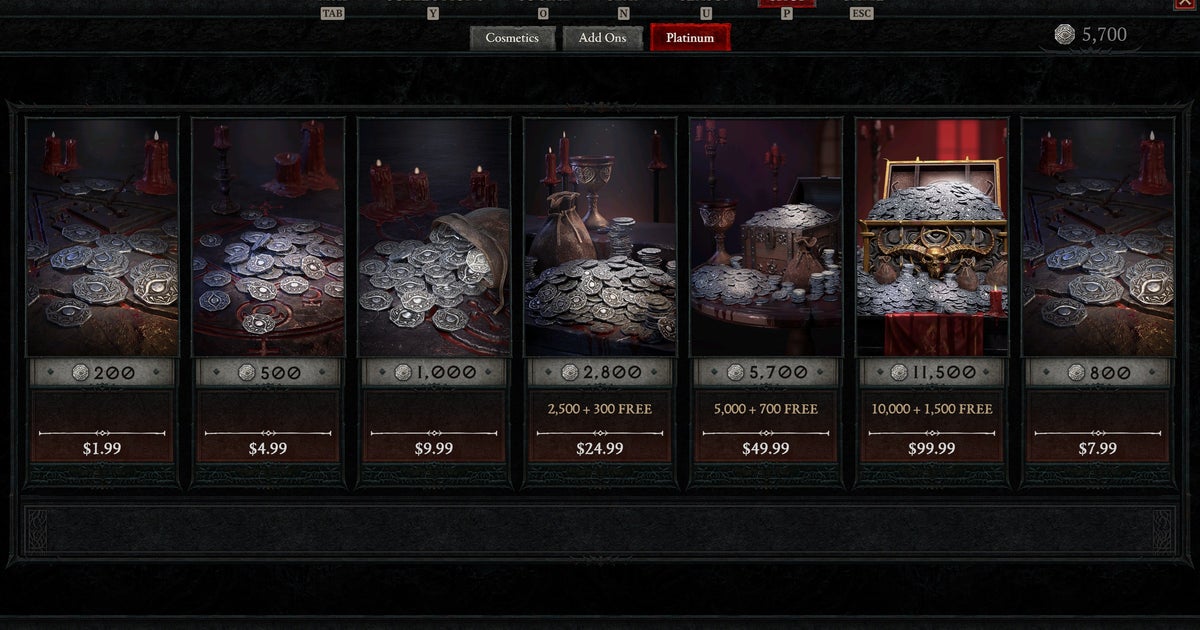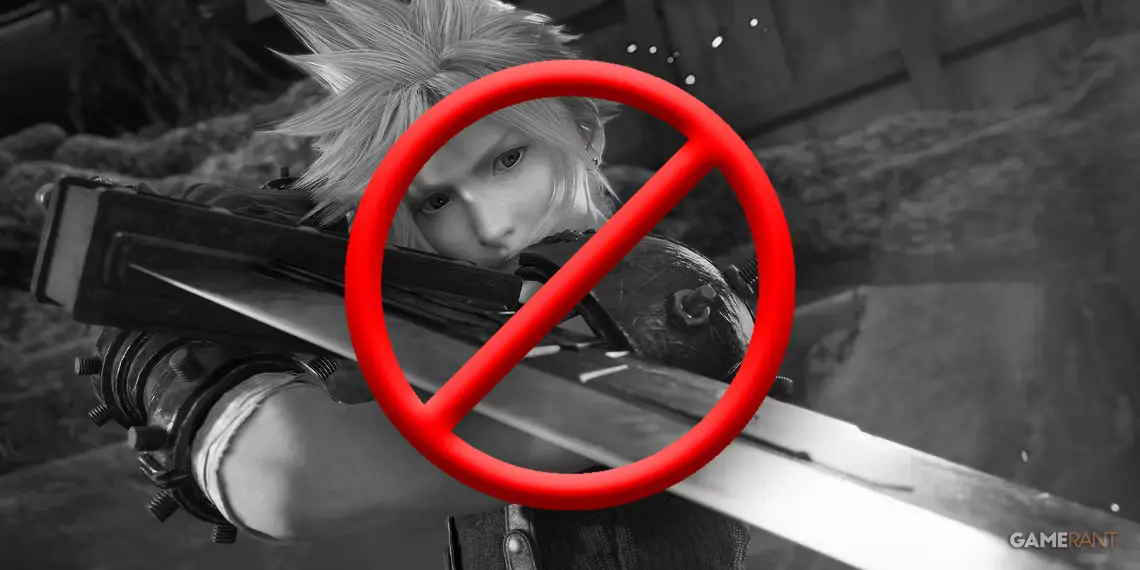Diablo 4: A Financial Triumph That Continues to Flourish
Since its launch, Diablo 4 has proven to be a remarkable financial success. Notably, the game generated an impressive $666 million in sales during its debut last year, establishing a new sales record for Blizzard Entertainment. The pertinent question now is whether this financial success has persisted over the following 15 months.
Recent revelations from a reputable source indicate that it absolutely has!
As highlighted by Games Pressure, Harrison Froeschke, a senior product manager, disclosed via his now-deleted LinkedIn profile that Diablo 4 has amassed over $1 billion in total revenue since its release. This staggering figure encompasses all income streams linked to the game, including sales, battle pass purchases, and microtransactions.
In terms of microtransactions, the revenue alone has exceeded $150 million. According to Froeschke’s deleted comments, this sum primarily stems from virtual currency transactions, which include store bundles, general discounts, and even personalized offers.
While it’s challenging to assess the precise contribution of microtransaction revenue given the lack of detailed breakdowns typically provided by publishers, the figure of $150 million represents a significant portion—around 15%—of the overall $1 billion revenue generated by Diablo 4.
Despite its financial achievements, the game’s microtransactions have faced criticism from the player community for their high costs. Many players feel that, when viewed from the overhead gameplay perspective, the value of these cosmetic items diminishes compared to items from games like Fortnite, despite similar pricing. In fact, some cosmetics may even be priced higher in Diablo 4.
Blizzard has also faced backlash for offering bundles of basic color swaps and minor effects at steep prices, which many consider frustrating given that players cannot earn any in-game currency through regular gameplay. Notably, even after purchasing and completely finishing the battle pass, players find that they receive insufficient Platinum to purchase future passes or make significant purchases in the in-game store.
With such remarkable financial results, it’s reasonable to conclude that the strategy of emulating a microtransaction model akin to that of Call of Duty has been highly successful for Activision Blizzard. As a result, it seems likely that the trend of microtransactions will continue unabated.




